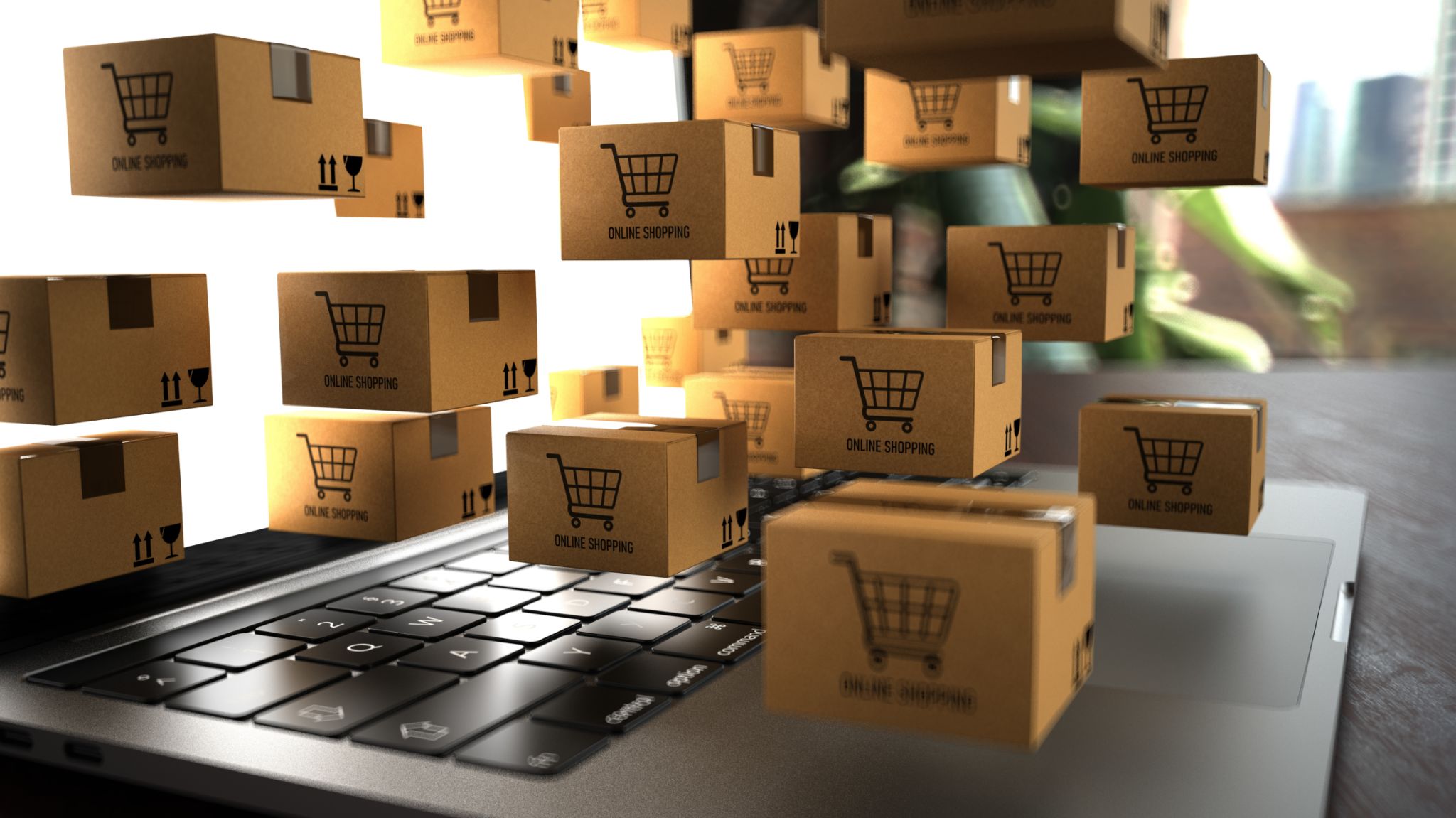The Future of Supply Chain: Trends You Need to Know
Introduction to the Evolving Supply Chain Landscape
The supply chain industry is undergoing a transformative period, driven by technological advancements, globalization, and changing consumer demands. As companies strive to remain competitive, understanding the future of supply chain management is crucial. This post explores key trends shaping the future of the supply chain and what businesses need to know to stay ahead.
Digital Transformation and Automation
One of the most significant trends impacting the supply chain is digital transformation. Automation technologies like robotics, artificial intelligence, and machine learning are revolutionizing operations, increasing efficiency, and reducing human error. Companies are increasingly investing in these technologies to optimize their supply chains.

Artificial Intelligence in Supply Chains
AI plays a pivotal role in predicting demand, managing inventory, and optimizing logistics. By analyzing vast amounts of data, AI can forecast demand with remarkable accuracy, allowing businesses to adjust production schedules and reduce waste. This leads to a more agile and responsive supply chain.
Blockchain for Enhanced Transparency
Blockchain technology offers a new level of transparency and security in supply chain management. By providing an immutable record of transactions, blockchain ensures that all parties have access to real-time data. This transparency enhances trust among stakeholders and reduces the risk of fraud.
Benefits of Blockchain Implementation
- Improved traceability of products
- Enhanced accountability and compliance
- Streamlined processes through smart contracts

Sustainability and Ethical Sourcing
With growing awareness of environmental issues, sustainability has become a priority in supply chain management. Companies are increasingly adopting sustainable practices to minimize their carbon footprint and ensure ethical sourcing. This shift not only benefits the environment but also enhances brand reputation.
Strategies for Sustainable Supply Chains
- Implementing energy-efficient practices
- Using recyclable or biodegradable materials
- Partnering with environmentally responsible suppliers
The Rise of E-commerce and Consumer Expectations
The explosive growth of e-commerce has reshaped consumer expectations for fast and reliable delivery. As a result, supply chains must become more agile and flexible to meet these demands. This requires innovative solutions such as last-mile delivery optimization and real-time tracking systems.

Adapting to Changing Consumer Preferences
Consumers today expect personalized experiences and instant gratification. Supply chains need to adapt by leveraging data analytics to understand consumer preferences and anticipate trends. By doing so, businesses can tailor their offerings and enhance customer satisfaction.
Conclusion: Preparing for the Future
The future of the supply chain is filled with opportunities for innovation and improvement. By embracing digital transformation, prioritizing sustainability, and adapting to consumer demands, businesses can build resilient and efficient supply chains. Staying informed about these trends will be essential for success in this dynamic landscape.